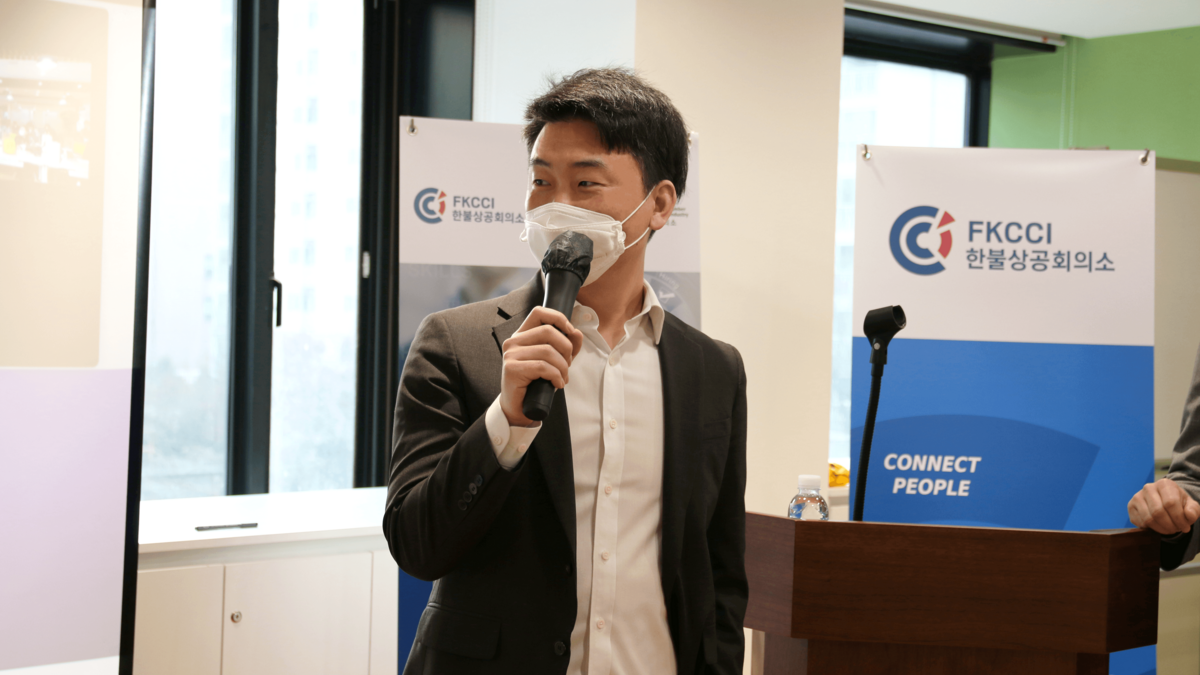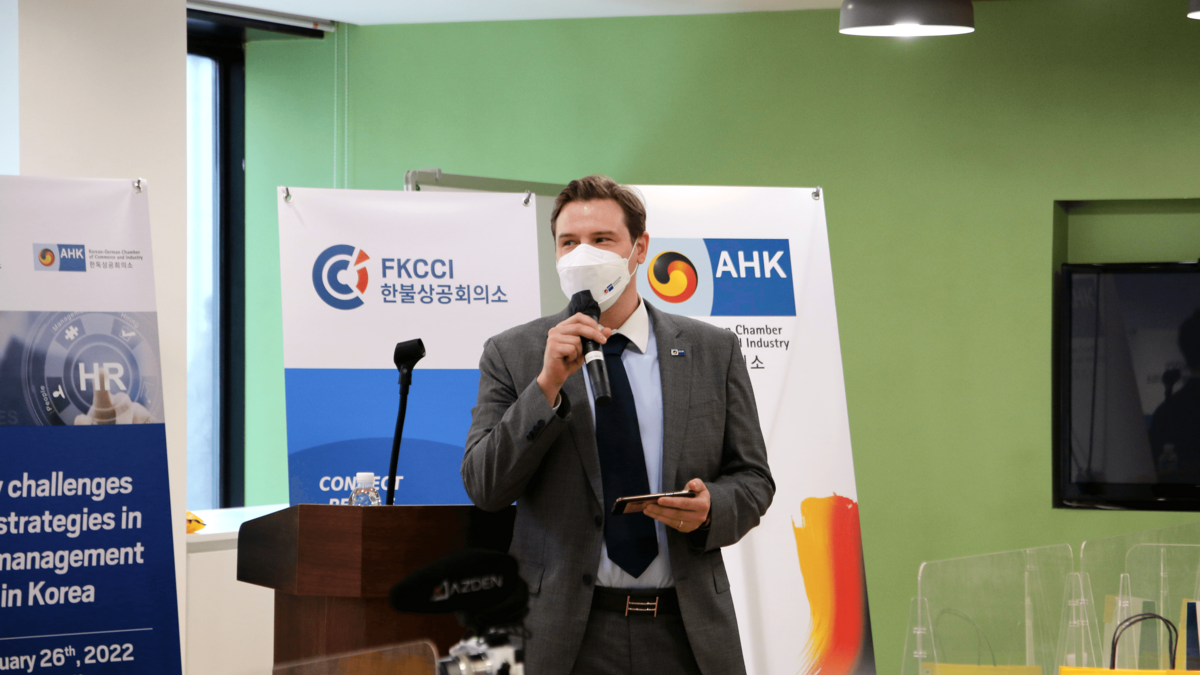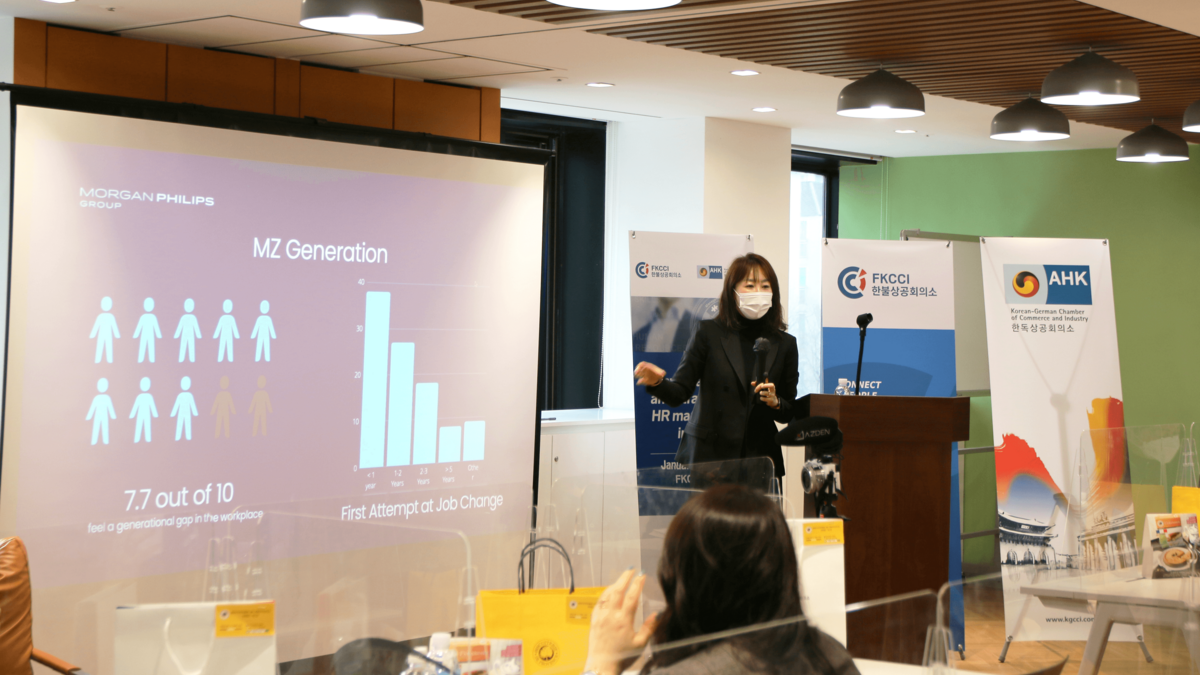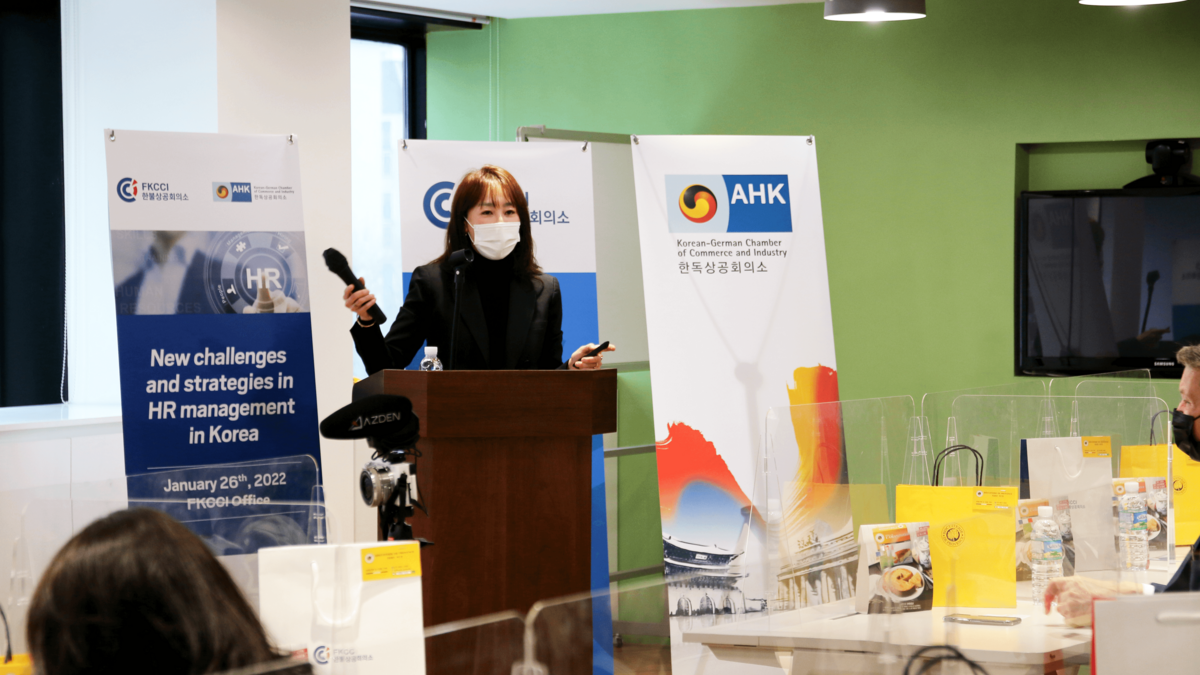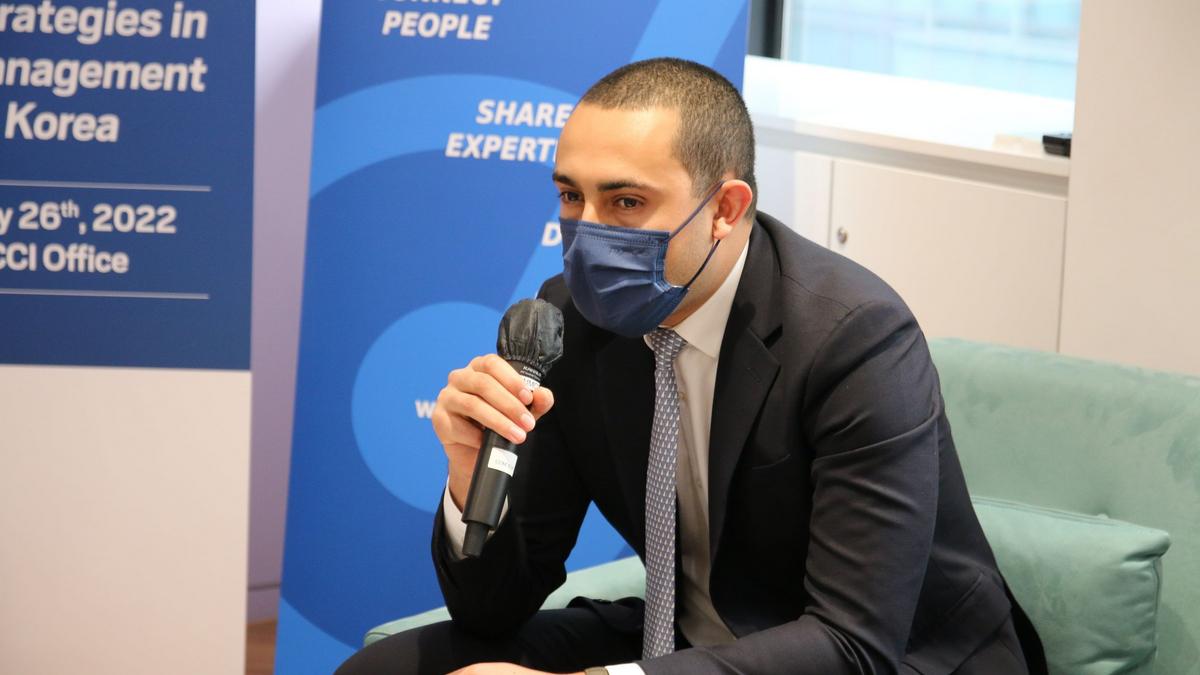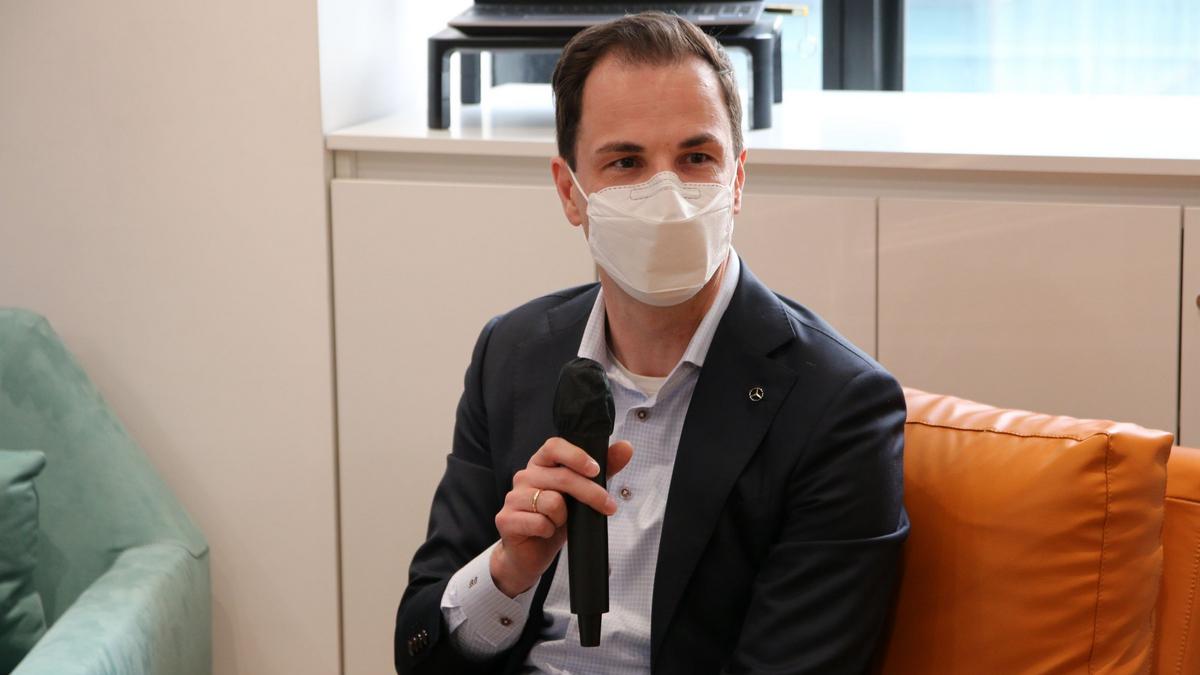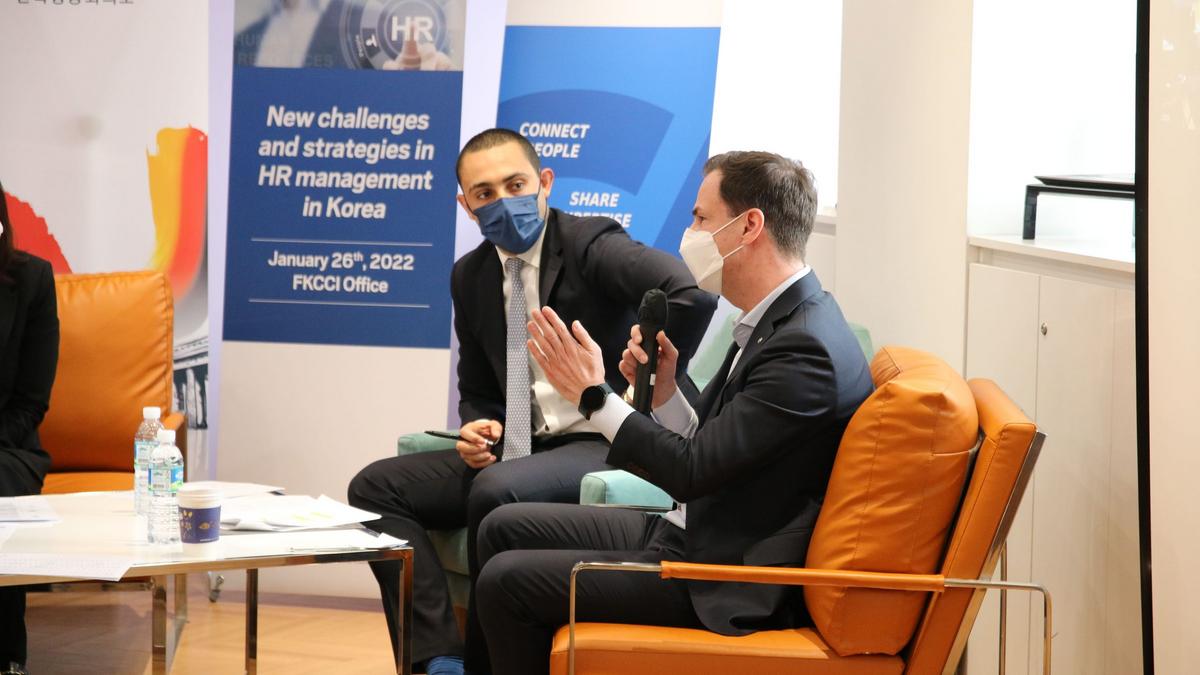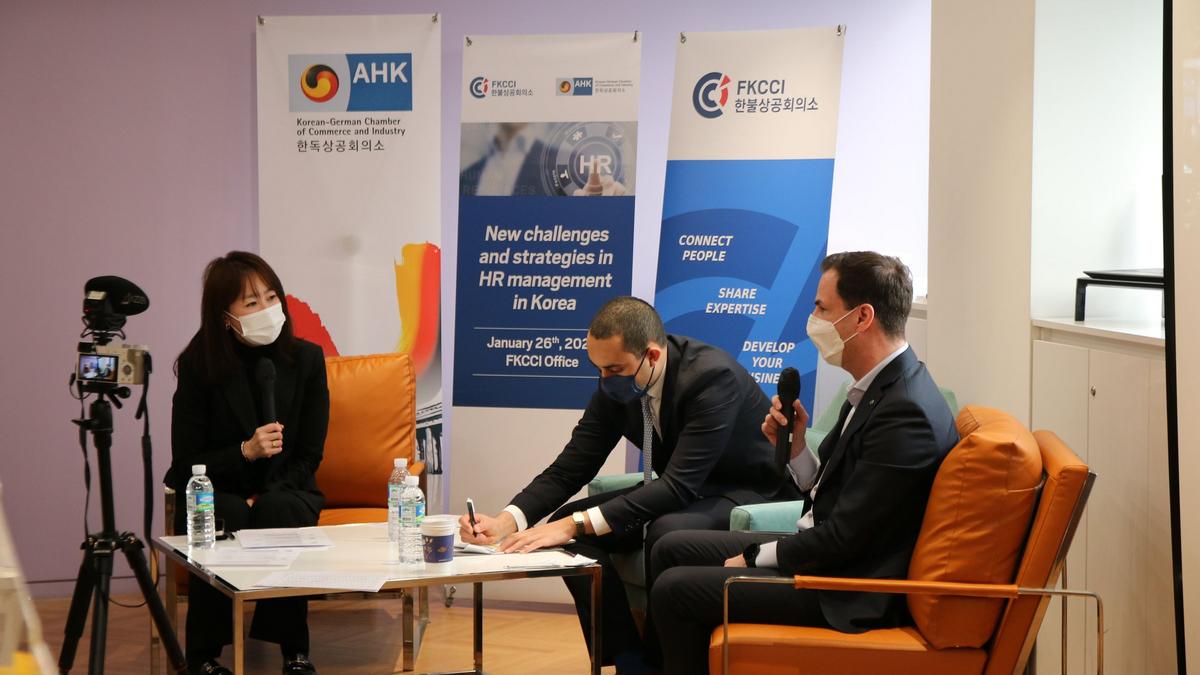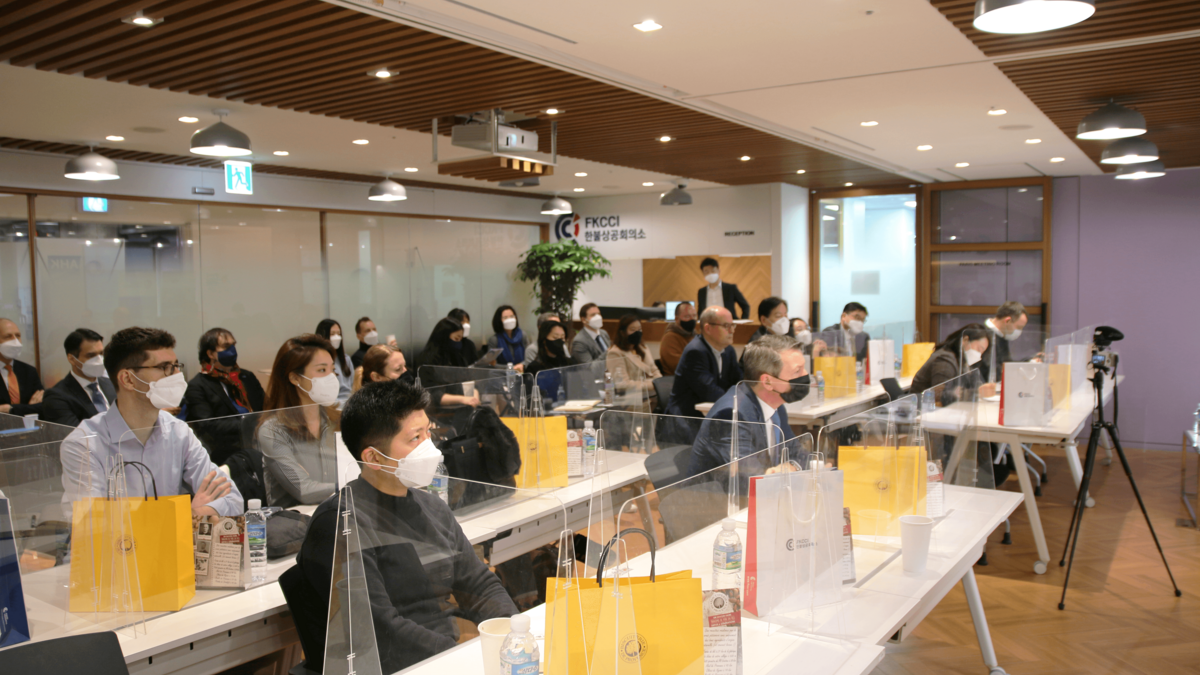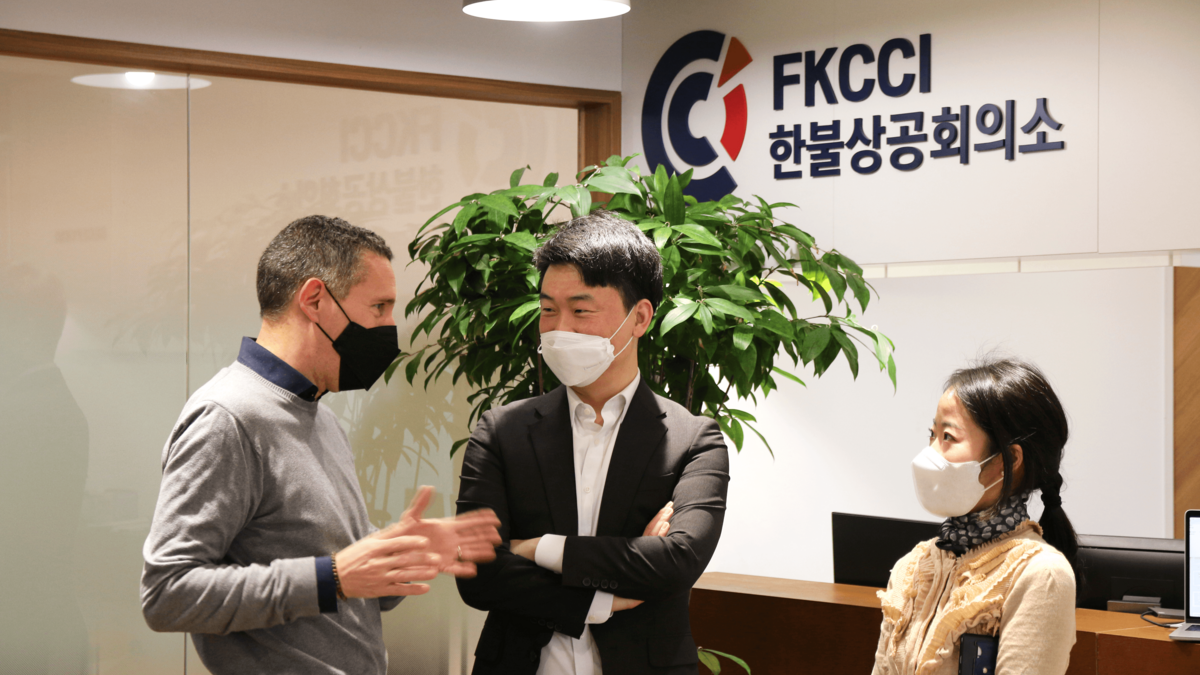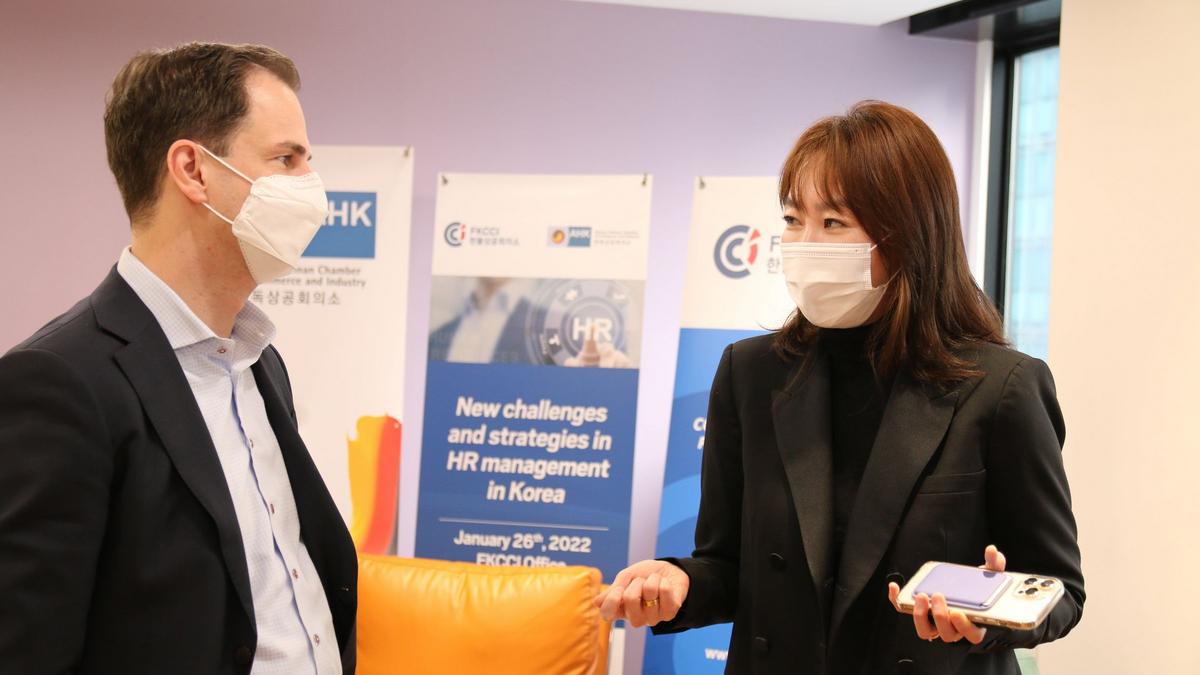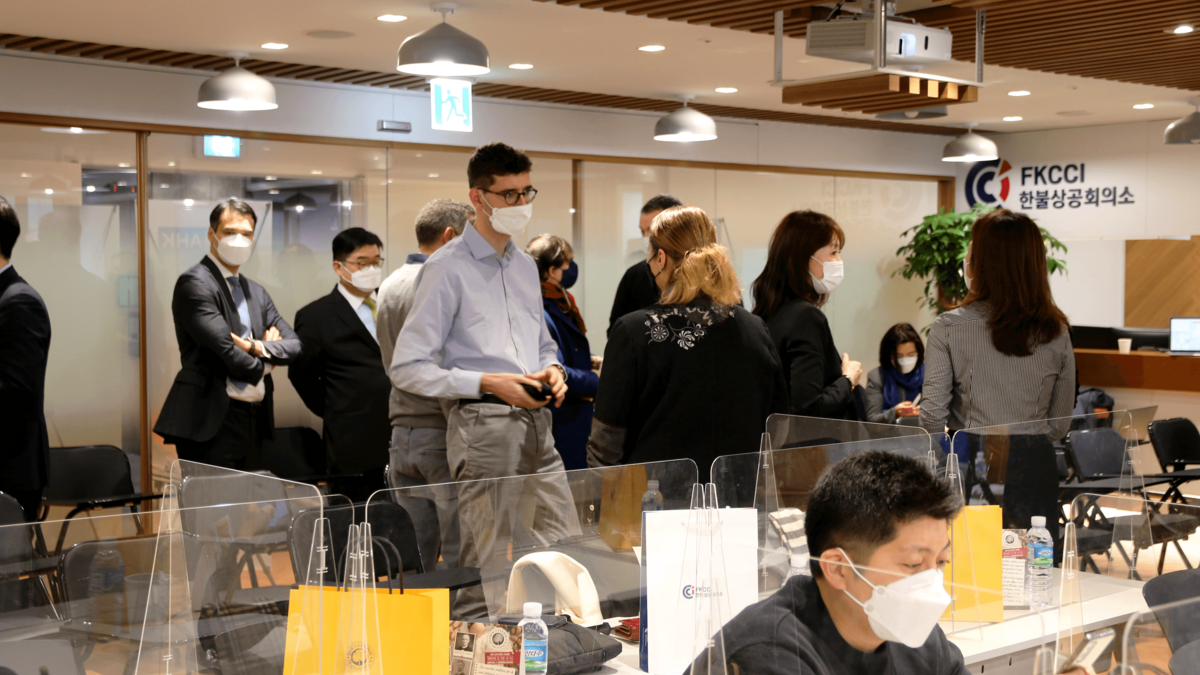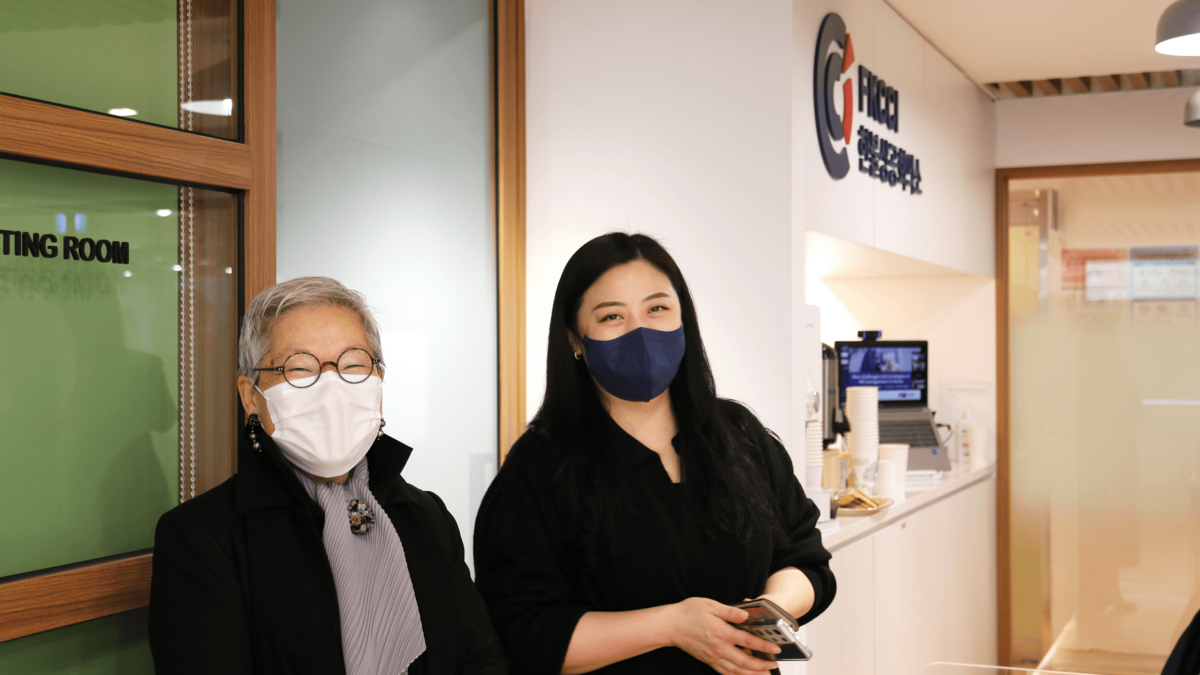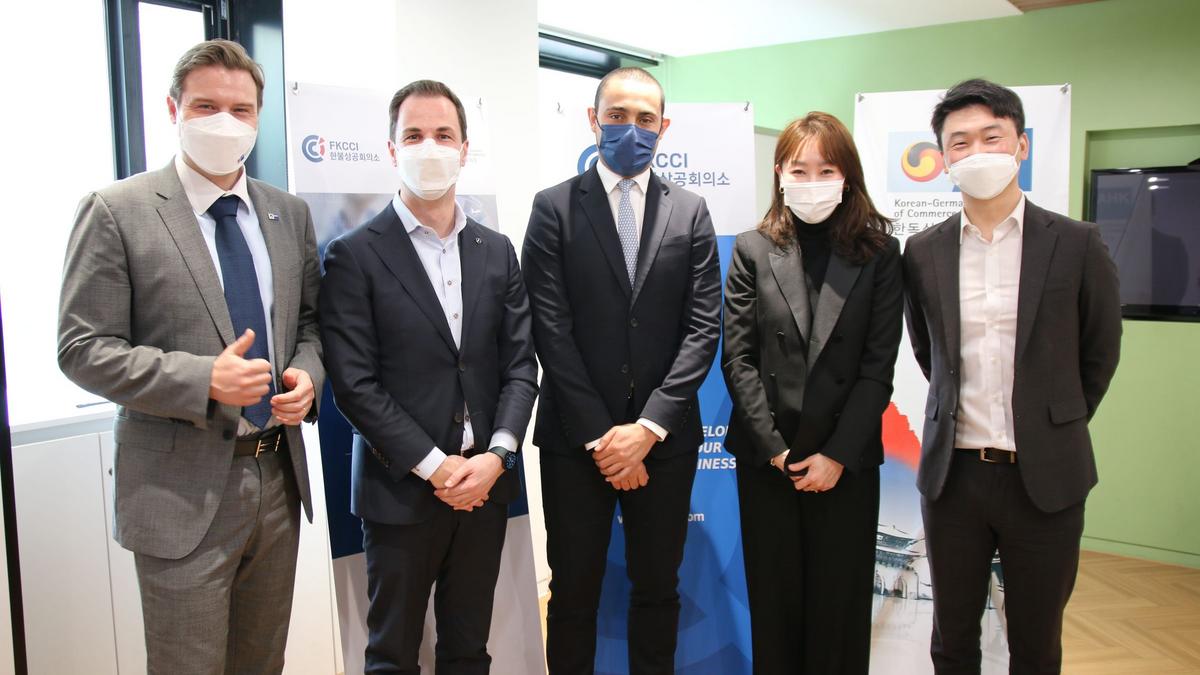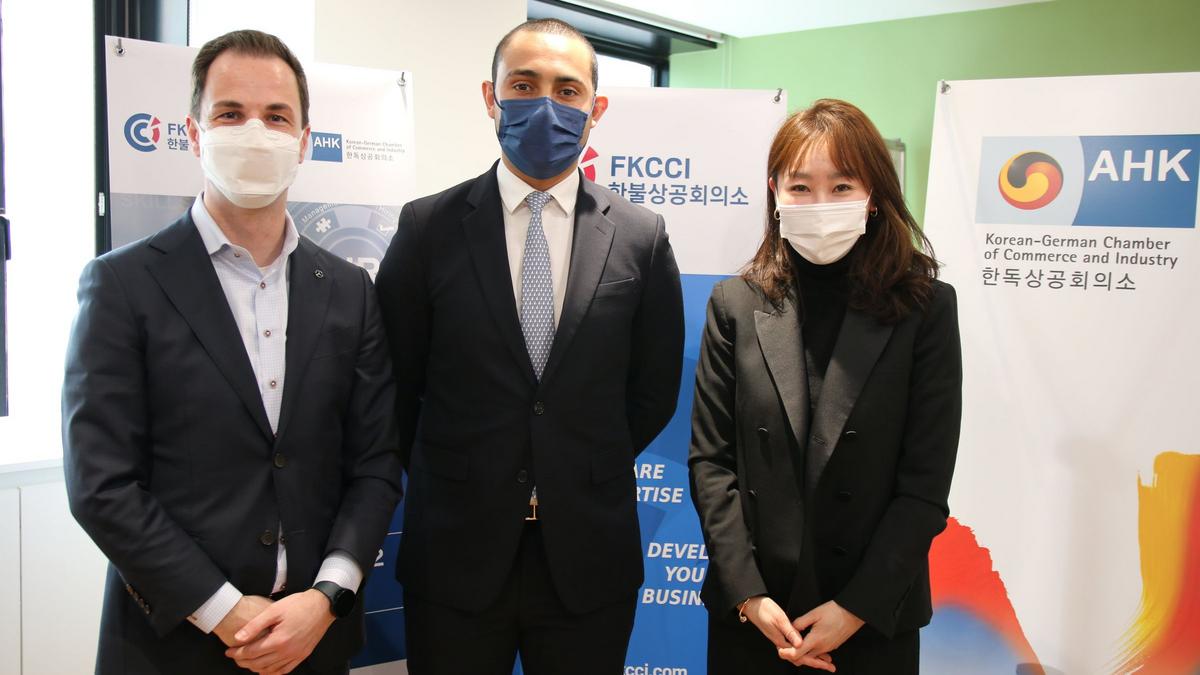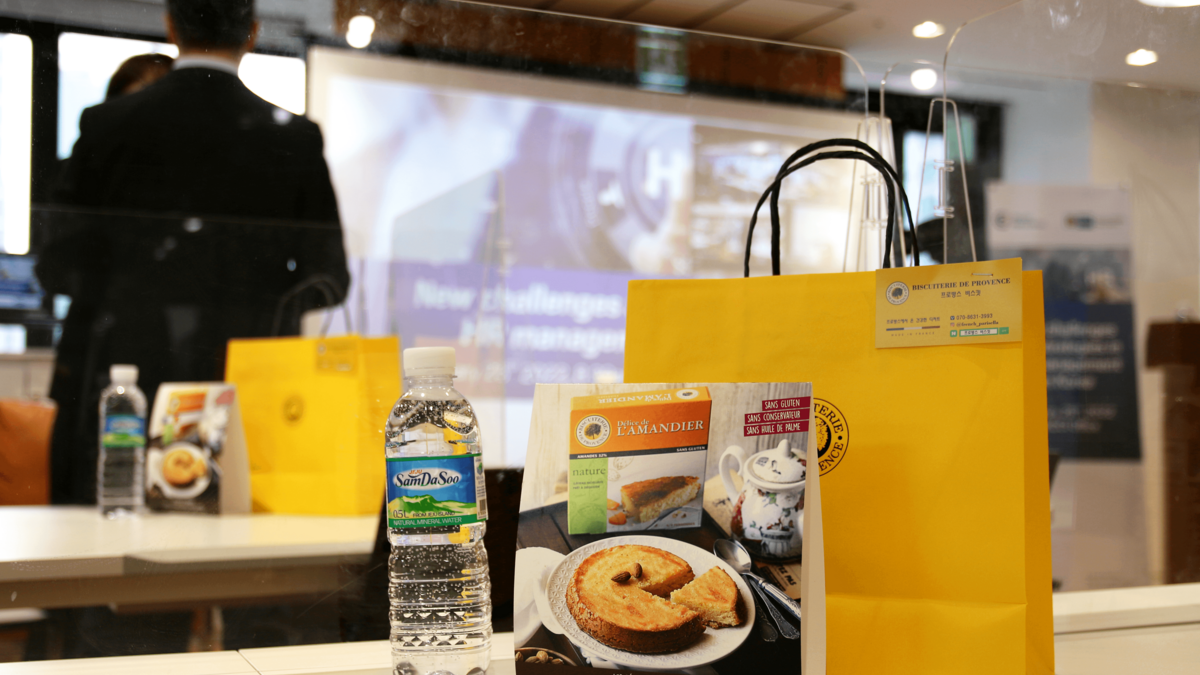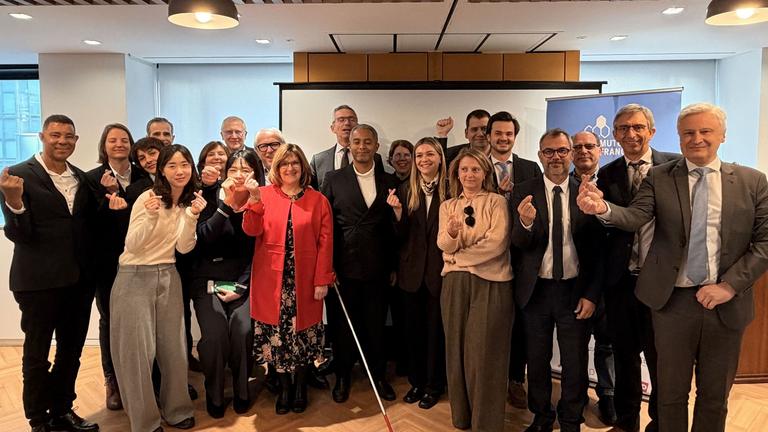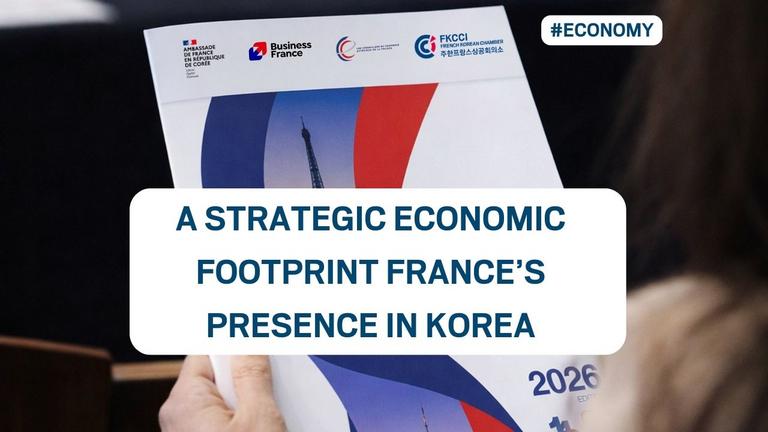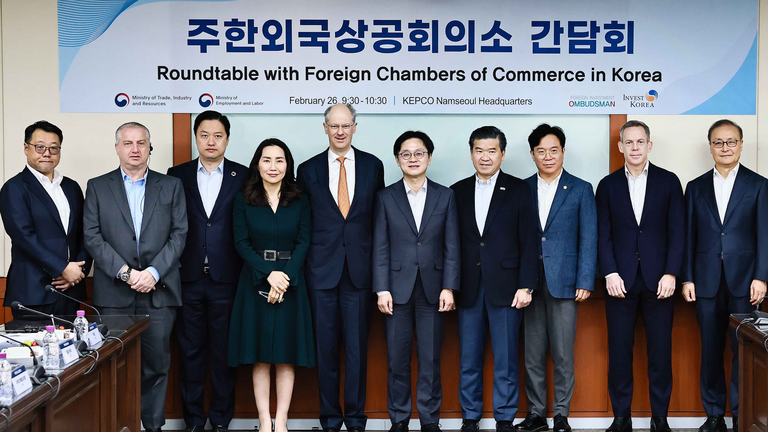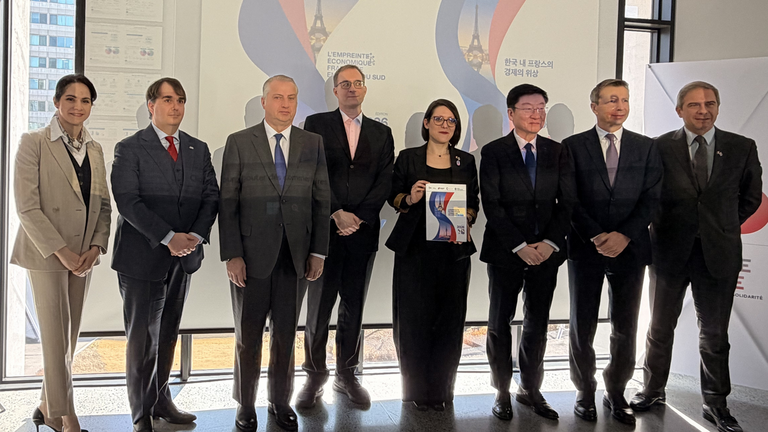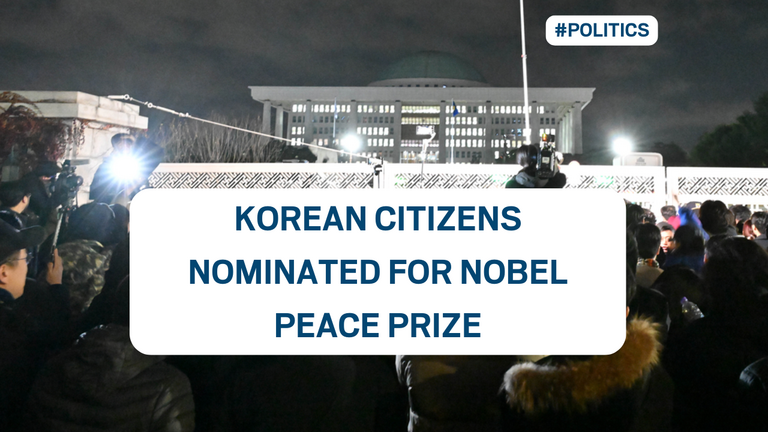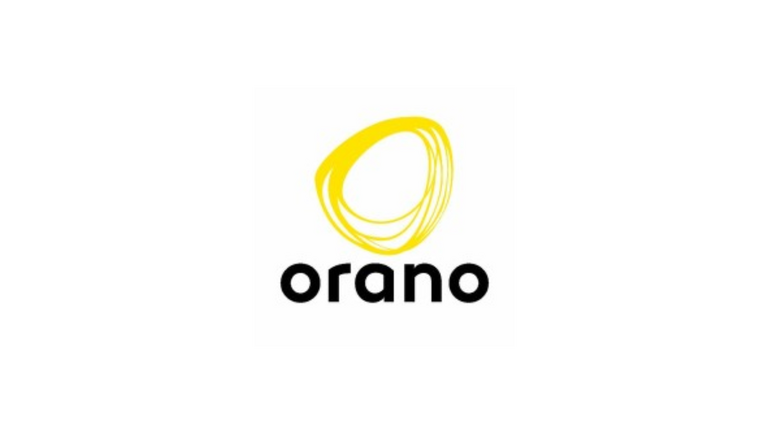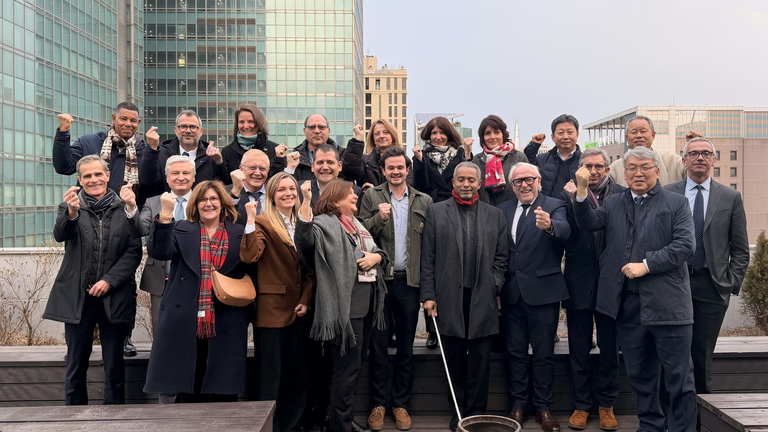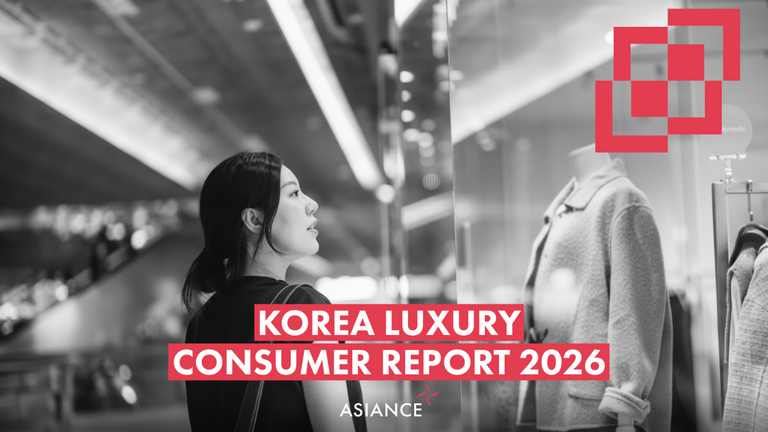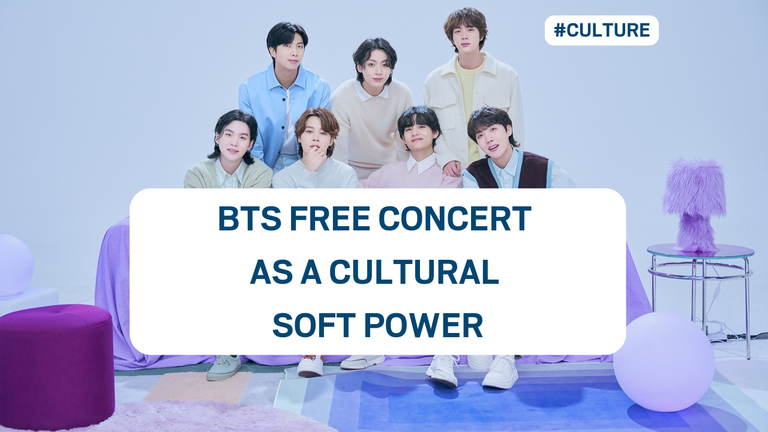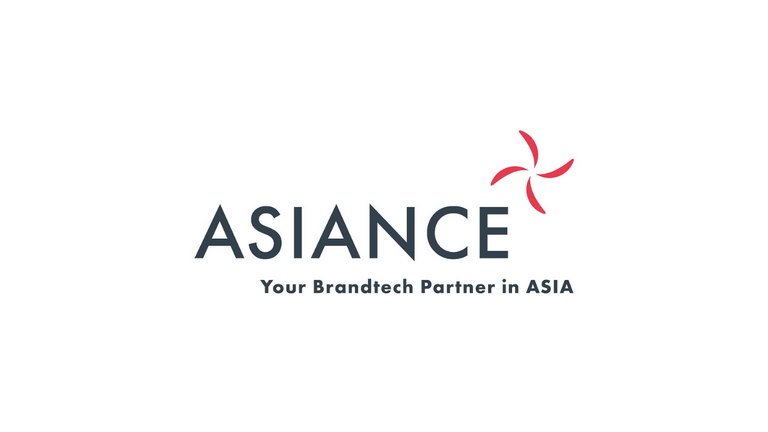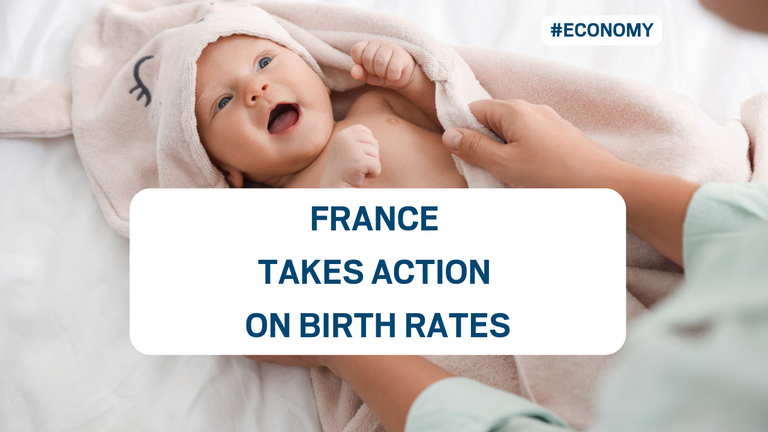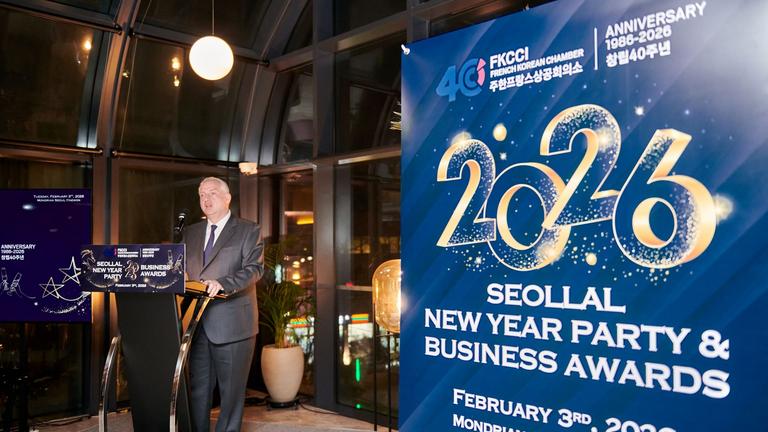Bilans d’évènement
New challenges and strategies in HR management in Korea
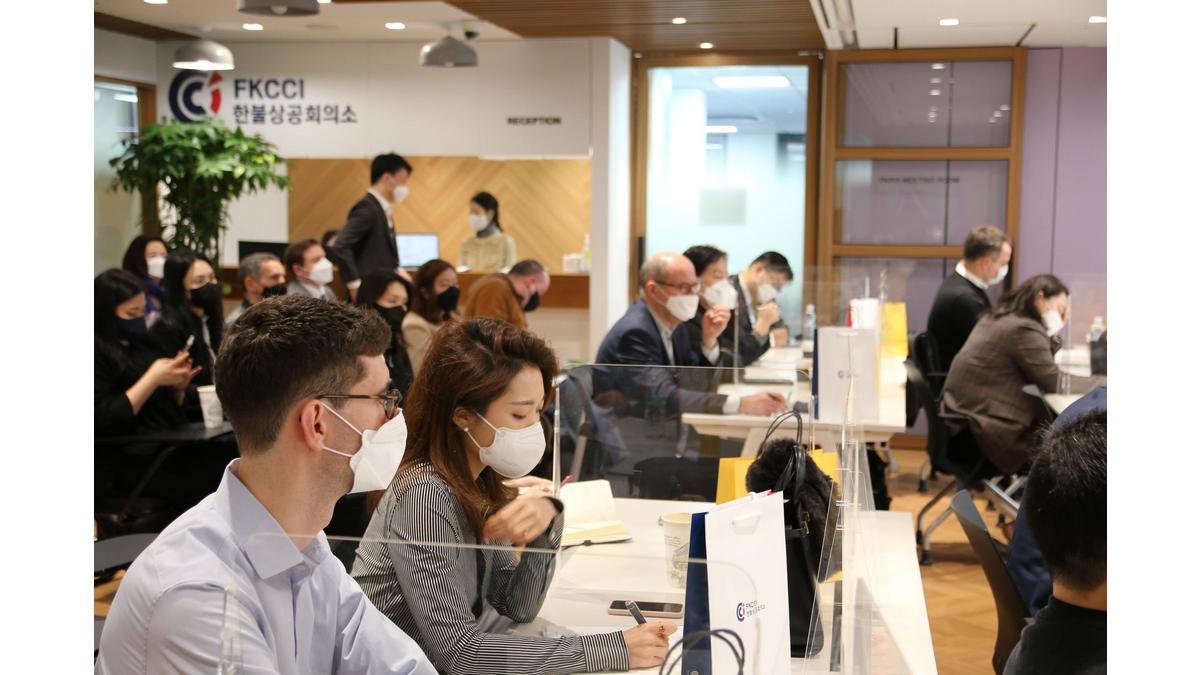
On January 26, 2022, FKCCI was pleased to welcome HR experts to better understand companies in Korea that are facing new challenges as the Covid-19 has accelerated disruptive changes in HR management. To face these challenges, HR management practices are getting more and more diversified. Companies aim at establishing new collaborative work schemes, sustaining confidence within and between teams. They also have to consider many different factors to attract and retain the best talents to foster their competitiveness.
The French-Korean Chamber of Commerce and Industry (FKCCI) and the Korean-German Chamber of Commerce and Industry (KGCCI) have joined together to invite HR experts from their business communities and to organize a member-to-member session to share experiences and ideas. The session was introduced by Cédric LEGRAND, CEO at FKCCI, Felix KALKOWSKY, Vice-President at KGCCI, and the roundtable included 4 speakers: Younès ER RAJFI, Business Development Director at the Luxury Business Group, Philippe TIRAULT, Managing Partner at DHR Global, Eddie KIM, HR Director at SAP Korea, Benjamin BANZHAF, CFO at Daimler Trucks Korea, and moderated by Christina AHN, Managing Director at Morgan Philips Korea.
New challenges in HR management include a new way of looking at the Employer-Employee relationships, new expectations from employees, in particular for work life balance, generational gap, flexible work time, new project management methods, innovative workspace design, and rapid digitalization. Ms. Christina AHN has especially highlighted the fact that 7.7 out of 10 MZ Generation employees feel a generational gap in the workplace. Their first attempt at job change is within less than 1 year and their reasons for leaving include compensation, opportunity for development, and no learning opportunities.
During the Panel Discussion with our 4 speakers, 3 main topics were discussed: Talent Acquisition, Remote Work, and Hybrid Work.
In Korea, amid Covid-19, talent acquisition has changed unprecedently. It is easy to find companies that have sped up their digitalization, and employers have become more in the listening mode while employees now tend to question the purpose of their work and value more their future and life. It will be companies’ responsibility to effectively communicate their purpose to candidates in order to attract them and increase retention.
In regard of remote work, drawbacks lie in employee morale and engagement, and sustainability of long-term remote work. There should be an agreement, in other words, collaboration, between employees and employers in order to solve the issue of loss of visibility and reliability. For both Korean and French companies, long-term remote work will be sustainable depending on the industry. To give an example, Start-ups or tech companies can increase their productivity and flexibility by implementing remote work, whereas it will be not efficient in the case of R&D and manufacturing companies. In the perspective of companies, they are using remote work as a way of a communication tool to promote that they are allowing remote work at their companies, implying that they are modern, and it becomes a criterion for candidates to whether to join a company. Moreover, it also creates an external pressure since companies need to check what their competitors are doing to differentiate themselves from others.
While the recruitment industry has become a candidate-driven market that assesses the attractivity of the companies, Hybrid Office will eventually change our typical working environment. There are many factors that need to be considered before introducing this new type of office. Since the office will be emptier, it is crucial to choose financial options to efficiently deal with rent costs. In this context, the demand for shared offices will be higher than ever. Hybrid Office is not likely to affect the efficiency of employees but focusing on employee’s flexibility is the key point. We are witnessing a change on how companies are investing to break the perception of working in the office. There will be no longer big offices with strident rules, but rather, cafes and open spaces where employees can work flexibly and take a rest.
In this seemingly endless Covid era, it is expected that companies will take steps further in order to wisely face new challenges in HR management.
